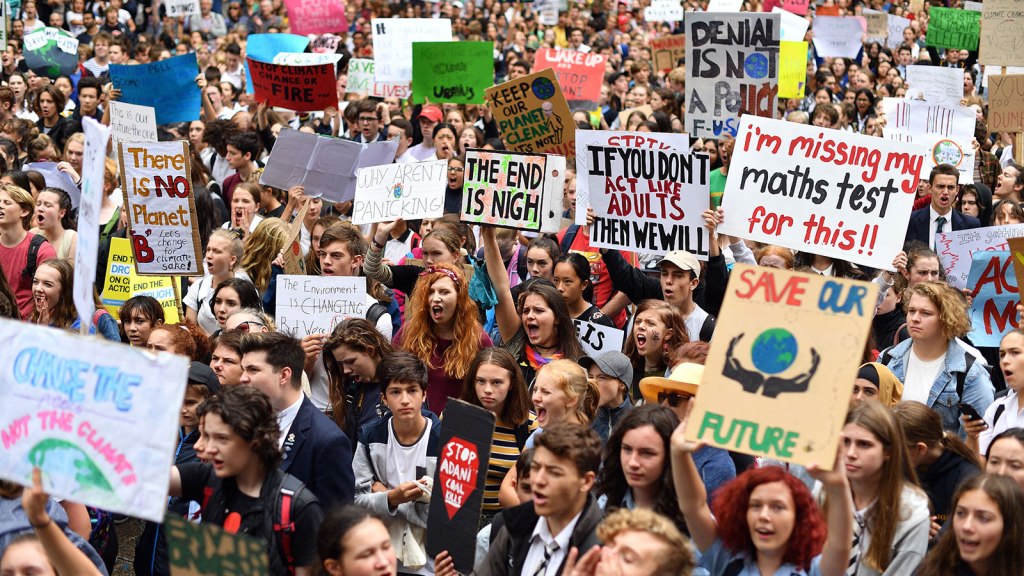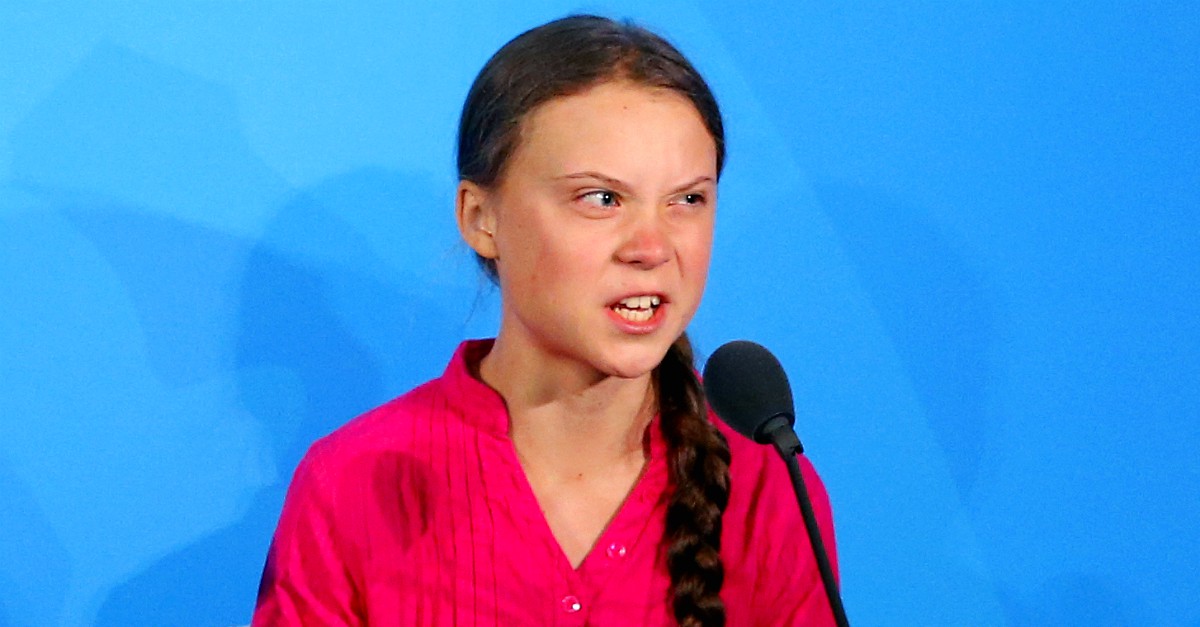
Unless you live on a remote island, or indeed on a boat in the middle of the ocean, you certainly have heard about the incredible boat journey the young activist Greta Thunberg undertook to cross the Atlantic and cover, in an very unusual and environmentally friendly way, the distance separating her house in Sweden from New York, the location where the UN Climate Action Summit has been held in September 2019.
Last Monday, September 23rd, Greta has held a powerful, emotional speech in front of people on average three-four time her age, condemning them – and the whole generation before her, so most of you, readers – in having done nothing to fight against climate change, to prevent our house from getting “on fire” as she said once.

But why should we trust a young girl’s opinion about such a big issue like climate change?
Well, because she spoke up to bring worldwide attention on what are the earnest facts about that: that global carbon emissions rose to a record of 37.1bn tons in 2018, that it seems impossible to decrease of 1.5C our temperature if we continue at this rate just in the next 12 years, and many other scary facts.
But also, you should care because Greta is rallying against all the giants and all the superpowers above her to state these facts. It was a bit more than one year ago that she sat in front of the Parliament in Stockholm, to strike against climate change, starting the Friday strikes becoming so popular worldwide that on last 20 Sept saw the event reaching an incredible high participation of 4 million people worldwide. If million of people have followed Greta, it’s because they finally have seen their own disappointment, despair, arguments, being given the possibility of getting finally heard.
This culminated at the aforementioned UN speech Greta gave a couple of days back in New York:
“How dare you” she accused between trembling lips “You have stolen my childhood and my dreams with your empty words”.
It’s been some time that activists such as Greta try to increase awareness towards more environmentally conscious habits and policies. Despite some perceiving these structural shifts we need only as fangs, reducing our carbon footprint with actions like reducing plastic or turning vegan can be witnessed increasingly across countries and individuals – especially younger. Young like that Swedish little girl with the long braid, the young Greta, sailing herself across the world, hopefully bringing all of us together with them.
Habits, policies: this means all of us actions’ also and especially agriculture, like the US activist Emily Johnson has underlined. “The only sane thing to do is to radically change our agriculture and our forestry to help stabilise the climate” she states.
Because after all, we are doing this for the most compelling priority our humanity has: to save ourselves.


